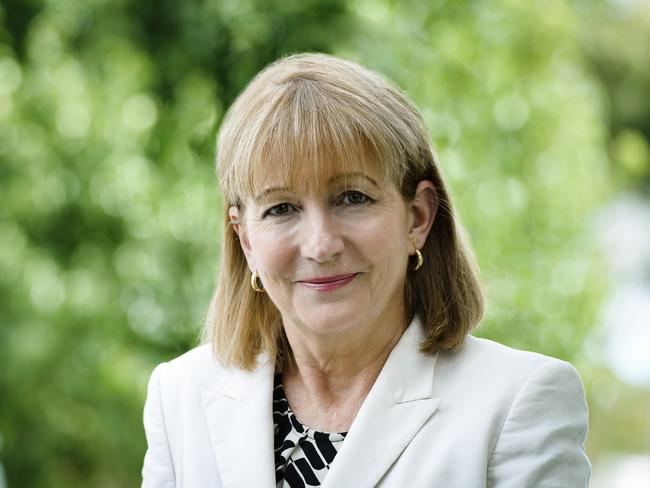How to make the most of the upcoming superannuation overhaul
BIG changes to Australia’s superannuation rules are less than four months away, and savers are being urged to think about their impact now.
BIG changes to Australia’s superannuation rules are less than four months away, and savers are being urged to think about their impact now.
While much of the debate has been about the new $1.6 million cap on how much retirees can hold in their tax-free super pensions, it’s a number that most retirees will get nowhere near, and they should instead focus on some of the other changes that have a much wider effect.
Baillieu Holst financial adviser Helen Dundon said all Australians were affected “regardless of their bank balance or postcode”.
“Everyone will be affected differently but there is a lot that can be done, both before July 1 and once the new rules kick in, to make the most of the evolving super environment,” she said.
“For example, looking at options such as salary sacrificing to ensure you are utilising the higher concessional contributions caps before they are reduced from July 1 may be relevant to some people.”

AMP financial adviser Darren James said a big change in July was a sharply lower limit for before-tax contributions such as compulsory employer payments and salary sacrifice. From July 1 it will be $25,000 a year for everyone, down from today’s $35,000 for over-49s and $30,000 for others.
“If you don’t check it out, you can miss potential opportunities,” he said.
Mr James said other positives included tripling the amount of income spouses could earn and their partner still received the $540 spouse rebate. Another rule change, allowing people to play catch-up with contributions if they had not used their previous cap in previous years, would not start until 2018, he said.
People’s Choice Credit Union spokesman Stuart Symons said the new caps on balances and contributions were for individuals, “so couples may find it beneficial to think strategically about how they contribute to their spouse’s fund”.
“While more favourable contribution rules remain in place until 1 July, consider your ability to contribute this financial year to get the maximum benefit,” he said.
Super savers should also think about contributing more money earlier in life because of the tightening of rules about how much money could be pumped in, Mr Symons said.
“Each year that you don’t use your full contribution eligibility, you’ll miss out on a tax-effective way to build wealth for a healthier retirement.”

Omniwealth senior financial planner Andrew Zbik said Australians should remember that super remains a great vehicle to save and plan for retirement.
“While you are working all earnings are taxed at 15 per cent and capital gains are taxed at 10 per cent, as opposed to being taxed at your marginal tax rate which can be as high as 45 per cent,” he said.
“When you are retired, if your balance is under $1.6 million your income and capital gains are still tax-free.”
THE JULY 1 CHANGES
•Before-tax contributions to super — such as salary sacrifice and employer contributions — are lowered to $25,000 a year for everyone
•After-tax contributions are lowered from $180,000 to $100,000 a year
•Transition to retirement pensions no longer benefit from tax-free investment earnings
•Individuals will be limited to holding $1.6 million in a tax-free super pension account — the rest must go back to a taxed superannuation fund
•People aged under 75 can make tax-deductible super contributions at any time rather than having to plan in advance through salary sacrifice
•Labor’s Low Income Super Contribution gets replaced by the Coalition’s Low Income Superannuation Tax Offset but it’s essentially the same thing — a $500 annual benefit for people earning up to $37,000 a year
•The threshold to claim the $540 Low Income Spouse Contribution Tax Offset jumps from $13,800 to $40,000 for the spouse’s income, allowing more people to pump money into their partner’s super and get a tax benefit.

WHAT YOU CAN DO NOW ...
•Increase salary sacrifice before the lower caps for pre-tax contributions start.
•Think about making planned asset sales to maximise the higher amounts you can get into super before July 1.
•You can bring forward three years of after-tax contributions at the current higher limit — so that’s $540,000 compared with $300,000 after July 1.
•Check your life insurance in super and estate planning to make sure that the rule changes don’t affect your strategies.
•Think about building your spouse’s super balance to benefit from tax bonuses and planning benefits that come from couples having two funds of similar size.
Source: AMP, William Buck



